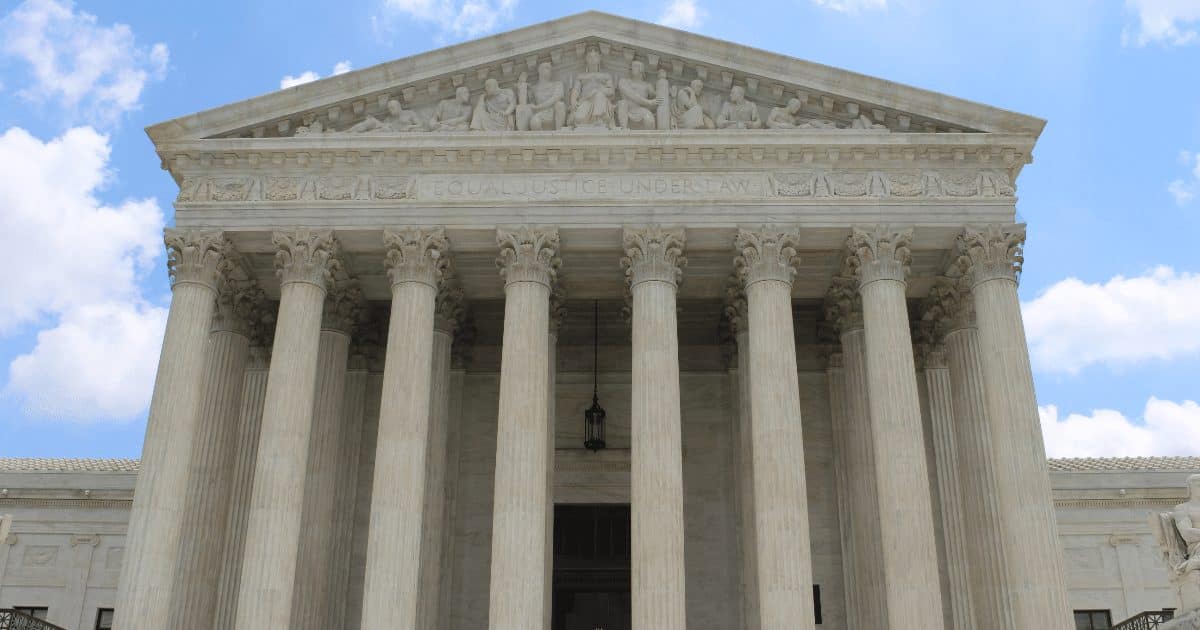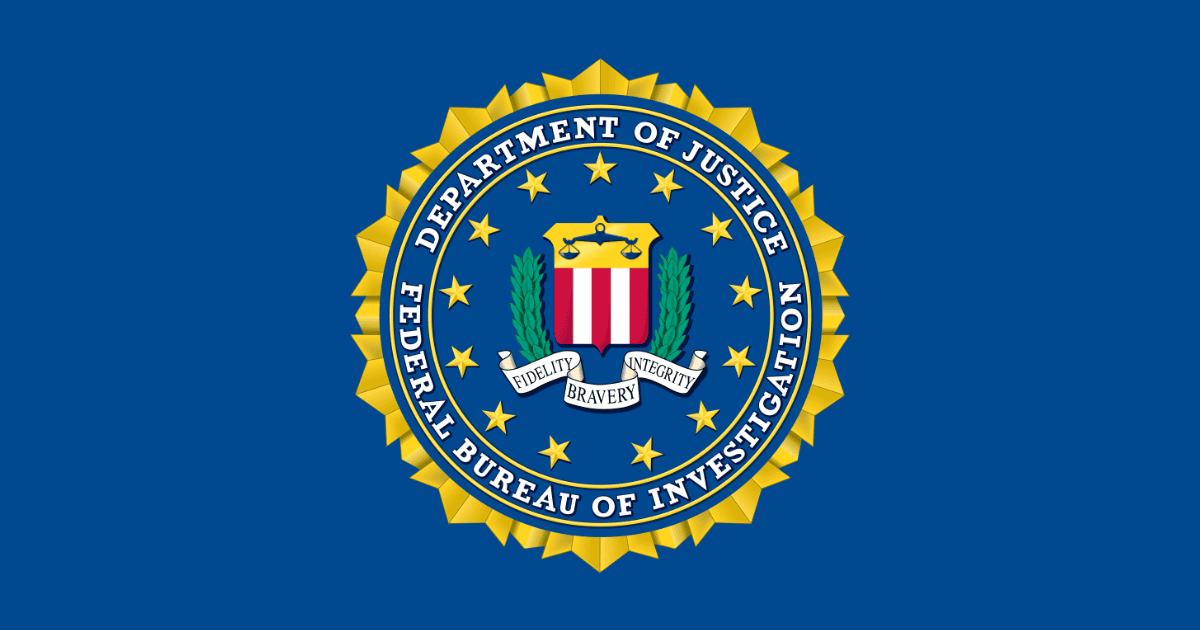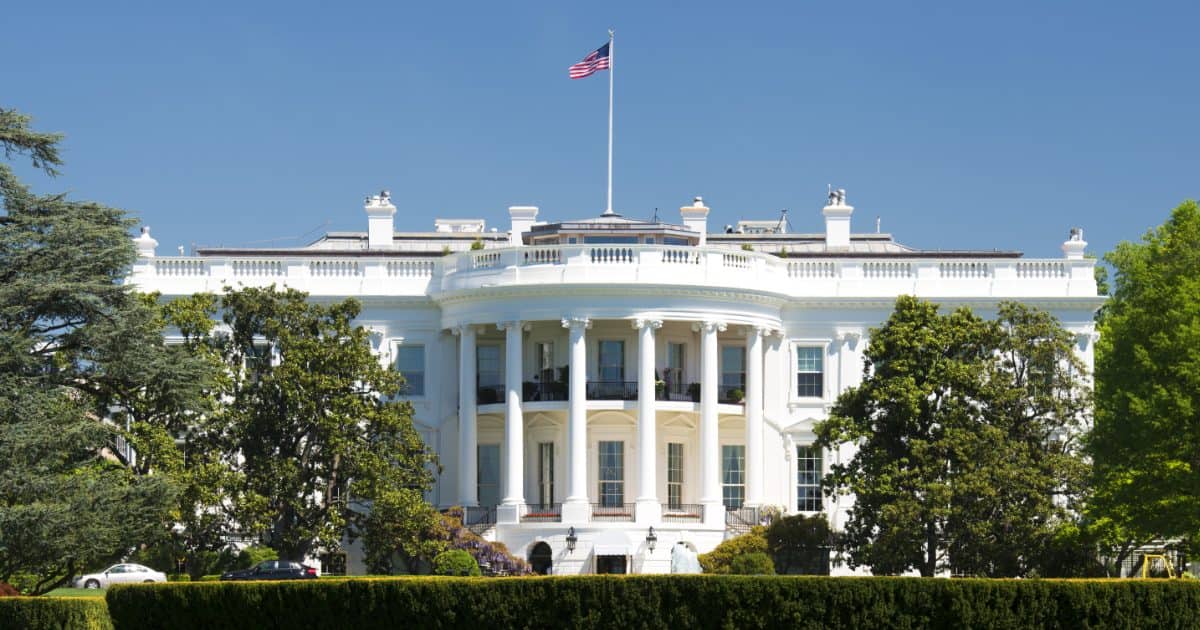Popular news yesterday was about how DARPA, a military research agency, put out a request for giant underground tunnels by August 30. The media made it seem like it was some mysterious, scary thing, saying that DARPA didn’t give reasons. But they actually did, and it’s called the DARPA Subterranean Challenge (SubT).
The SubT Challenge is organized into two competitions (Systems and Virtual), each with two tracks (DARPA-funded and self-funded). Teams in the Systems tracks will develop and demonstrate physical systems to compete in live competitions on physical, representative subterranean courses, and focus on advancing and evaluating novel physical solutions in realistic field environments. Teams in the Virtual tracks will develop software and algorithms using virtual models of systems, environments, and terrain to compete in simulation-based events, and explore larger-scale runs in simulated environments that explore significantly expanded scenario sizes and durations.
If we read between the lines, I think a safe assumption is that this is about developing and improving autonomous systems. Think laser mapping, self-driving vehicles, and indoor combat drones.






















